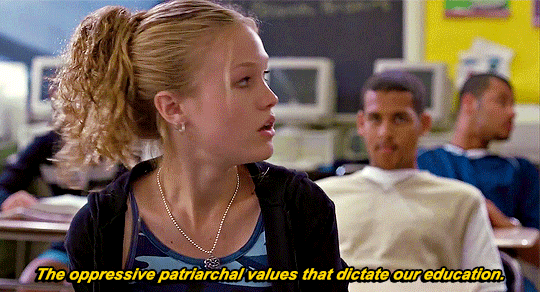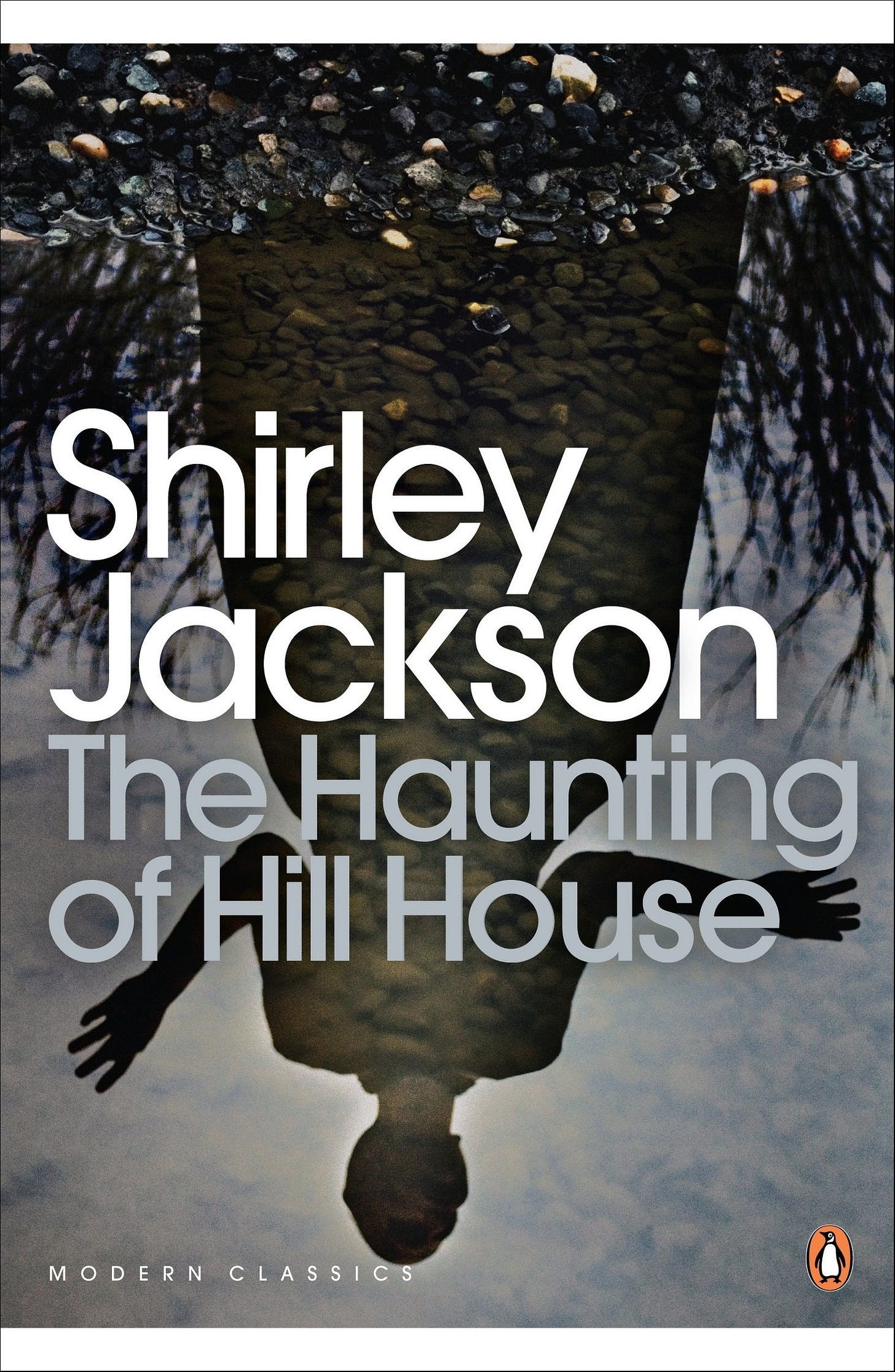Shirley Jackson is widely know for her short story ‘The Lottery’, her specific brand of psychological horror, and the terrifying (in a good way) adaptations of her work, but something that I really feel like she should be recognised for is her examination of the patriarchy.
We are into our ‘dark academia adjacent’ title of season six and we’re leaning into spooky season with one of the scariest books I have ever read: Shirley Jackson’s ‘The Haunting of Hill House’ - the blueprint for haunted house novels for over 60 years.
You can read Sarah’s full written review here and listen to the full podcast episode right here:
There will be spoilers ahead for ‘The Haunting of Hill House’ so read with caution!
Our heroine, Eleanor Vance, is 32 years old and up until her drive to Hill House, she has lived under the thumb of duty and expectations, with guilt and reproach forming her identity. She has cared for her mother for a third of her life, and once free, she ends up under the judgement of her older sister and brother in law just as an unmarried woman should in 1959. Until Hill House.
“During the whole underside of her life, ever since her first memory, Eleanor had been waiting for something like Hill House.” (p. 7, Penguin Modern Classics (2009, Kindle Edition))
Everything dissolves at Hill House - there is no existing system or society for Eleanor to conform to; she has no mould to fill. Hill House becomes a microcosm of society free from the hold of traditional social expectations formed under the patriarchy and she flourishes. While Eleanor remains an unreliable narrator, it makes sense as she has the chance to form her own thoughts and feelings and act on them without constraint for the first time in her life - that’s not a one and done process, especially under the influence of Hill House.
Interestingly, the paranormal elements in the novel aren’t rooted in the mistreatment of a woman or a girl who comes back to haunt the house or anything like that - they have no patriarchal roots. It’s not until the end of the novel that Eleanor faces the truth of what it would have been to be a woman in the 50s experiencing mental and emotional crisis - she is told off for being silly and pushed out into the world, away from the safety of society and a ‘home’ by Dr Montague, Luke and Theodora.
“…Nell, what an imbecile you are.”
We do, however, get a glimpse of how much worse it was before Eleanor’s time when Luke uncovers a book written by the original owner of Hill House for his young daughter. The writings and illustrations are dripping in the oppressive, religious doctrine of the Victorian period and emphasising meekness and faithfulness as the only path to being a ‘good woman’.
“‘Honor thy father and thy mother, Daughter, authors of thy being, upon whom a heavy charge has been laid, that they lead their child in innocence and righteousness along the fearful narrow path to everlasting bliss, and render her up at last to her God a pious and a virtuous soul; reflect, Daughter, upon the joy in Heaven as the souls of these tiny creatures wing upward, released before they have learned aught of sin or faithlessness, and make it thine unceasing duty to remain as pure as these.’” (p. 168, Penguin Modern Classics (2009, Kindle Edition))
It’s stifling and restrictive, and echoes the way that Eleanor is treated as soon as she leaves the confines of what the group at Hill House determine as controllable and acceptable.
This novel, and Jackson’s other novels, are a damning look at how impossible it is for women and girls to live and to thrive in a patriarchal society, and how utterly inescapable it is in our world - both in 1959 and in 2023.






